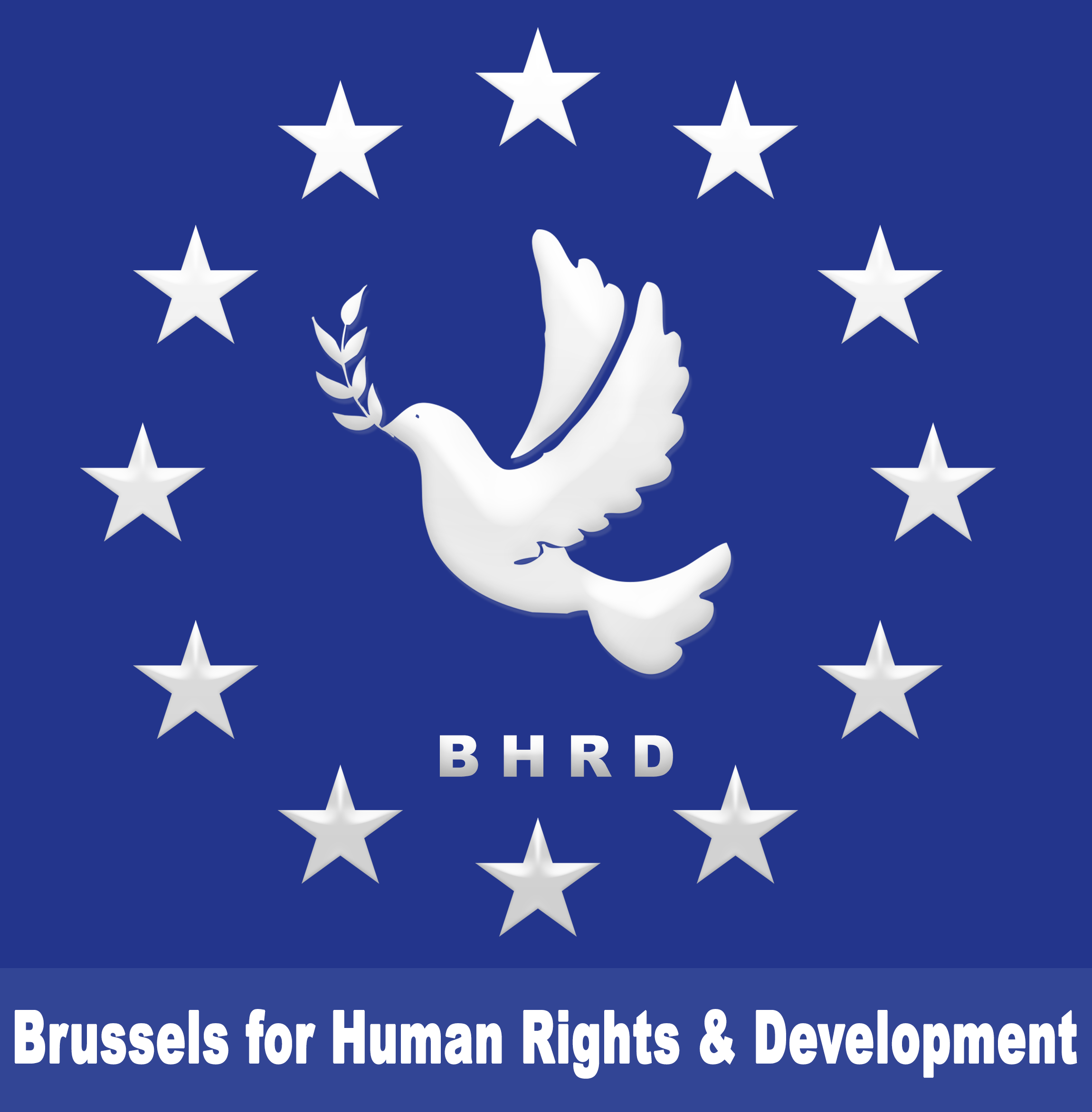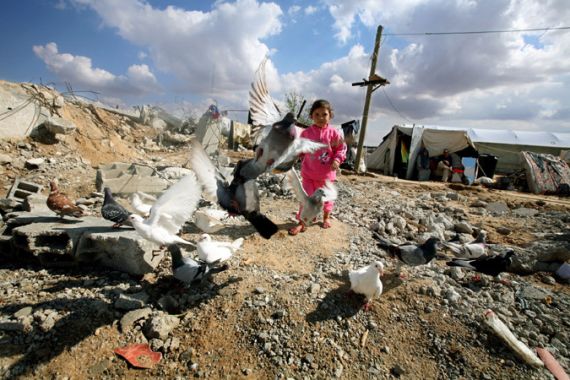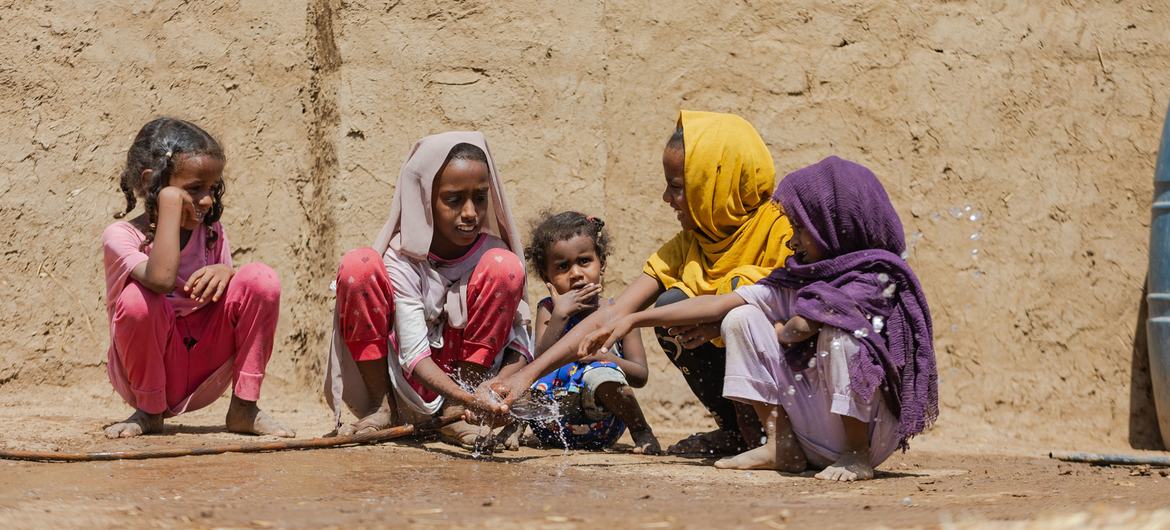The humanitarian crisis in Gaza deepens as critical aid deliveries remain blocked, and fuel shortages threaten to collapse lifesaving services. The UN Office for the Coordination of Humanitarian Affairs (OCHA) reported significant challenges in gaining access to North Gaza, compounded by ongoing violence and deteriorating conditions.
Aid Movements Denied
On Thursday, Israeli authorities permitted only 10 of 21 planned humanitarian movements. Seven were denied outright, three faced impediments, and one was canceled due to security and logistical challenges, according to UN Spokesperson Stéphane Dujarric.
Fuel Shortages Paralyze Essential Services
Fuel shortages are crippling essential services across Gaza:
- Telecommunications providers warn of service disruptions starting Saturday.
- Al Awda Hospital, the last partially functioning hospital in North Gaza, is critically low on fuel and medical supplies. The facility is overwhelmed with patients from areas besieged for over three months, including Beit Lahiya, Beit Hanoun, and Jabalya refugee camps.
Repeated attacks have forced the closure of Kamal Adwan and Indonesian hospitals, leaving Al Awda as the only remaining option in the region. Efforts by the World Health Organization (WHO) to deliver supplies and assess damages have been thwarted by damaged roads and restricted access.
Mr. Dujarric called for immediate steps to make roads passable and ensure access to critical health facilities.
Escalation in the West Bank
The crisis extends beyond Gaza to the West Bank, where violence continues to escalate:
- Israeli forces killed three Palestinians, including a child, and injured 38 others in the first week of the year.
- Israeli settlers injured 18 Palestinians, and armed Palestinians killed three Israeli settlers and injured eight others near Qalqiliya.
- Over 50 Palestinians have been displaced due to home demolitions, particularly in East Jerusalem’s Silwan neighborhood.
In Jenin refugee camp, clashes between Palestinian Authority security forces and militant factions have restricted access, leaving 3,400 people in dire conditions while displacing over 2,000 families to Jenin city. OCHA has mobilized partners to assist these families both inside and outside the camp.
Lebanon: $30 Million for War Victims
In neighboring Lebanon, the UN allocated $30 million from the Lebanon Humanitarian Fund to address the severe impact of the recent conflict between Hezbollah and Israeli forces. The funding will support:
- Food security
- Shelter and protection
- Nutrition and healthcare
- Water, sanitation, and education
Although a ceasefire is now in effect, the destruction of civilian infrastructure and basic services has left communities struggling to recover.
A Call for Urgent Action
The UN has called for immediate measures to ensure humanitarian access, restore fuel supplies, and protect healthcare facilities and personnel in Gaza. These efforts are essential to prevent further tragedy and alleviate the suffering of affected populations in Gaza, the West Bank, and Lebanon.
Stay informed on these critical issues by following our platform, where we provide detailed reporting on global humanitarian crises and solutions to address them.


 العربية
العربية




